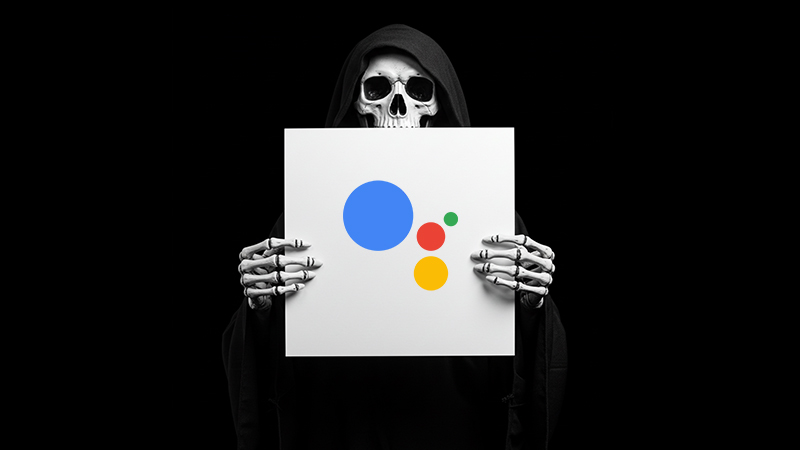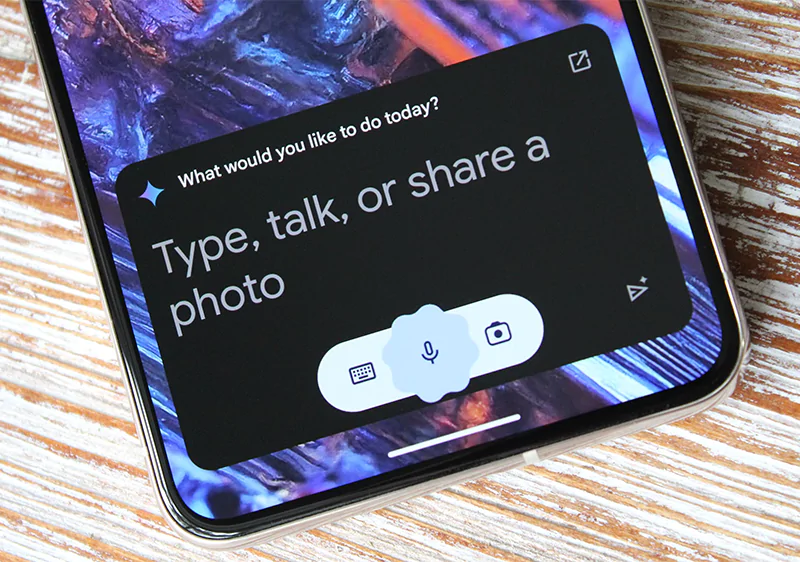
It's finally over for the beloved Google Assistant.
With Large Language Models proven more capable, Google that has been heavily developing Gemini in its response to ChatGPT's release by OpenAI, is finally taking the final step to replace Google Assistant on Android phones.
Google said in a blog post, that it's upgrading "more" users from Google Assistant to Gemini "over the coming months."
What that means, the classic Google Assistant "will no longer be accessible on most mobile devices or available for new downloads on mobile app stores" at some point "later this year."
Read: Google Prepares To Replace Google Assistant With Gemini, Using the 'Utilities' Extension
At this time, there are lots of Android phones that have been offering a choice between the newer AI-powered Gemini and the original Assistant that has been on phones since 2016.
Google said that by sunsetting Assistant, the option to choose between the two will eventually be gone when Gemini becomes the default assistant on mobile.
Google's Senior Director of Product Management for the Gemini App, Brian Marquardt, said as devices make the change the original Google Assistant will no longer be available as a downloadable app.
As for the requirement to run Gemini, reports said that phones should at least run Android 9, and has 2GB of RAM.
The blog post clearly said that less-powerful devices that do not meet those minimum specifications for powering Gemini shall still be able to run Google Assistant, at least "at this time."
"Additionally, we’ll be upgrading tablets, cars and devices that connect to your phone, such as headphones and watches, to Gemini," Google said.
"We’re also bringing a new experience, powered by Gemini, to home devices like speakers, displays and TVs."

Google initially launched Google Assistant in 2016 as a virtual assistant designed to facilitate natural voice interactions, answer queries, manage tasks, and control smart devices.
Over the years, it became integral to Google's ecosystem, available on smartphones, smart speakers, and various smart home devices.
Throughout its tenure, Google Assistant faced competition from other virtual assistants like Amazon's Alexa, Apple's Siri, and Microsoft's Cortana. And here, reports and reviews, as well as studies, suggest that Assistant's superior performance in understanding and accurately responding to user queries compared to its rivals.
In December 2023, Google unveiled Gemini, a more advanced AI platform set to replace Google Assistant and by February 2024, Gemini was integrated into various Google services, including a dedicated mobile app on Android and incorporation into the Google app on iOS.

This transition marked a significant shift in Google's approach to virtual assistance, aiming to provide more natural and context-aware interactions, and more features.
And this time, on March 2025, Google has officially retired Google Assistant, fully transitioning users to the Gemini platform.
This move reflects Google's commitment to advancing its AI capabilities to meet the growing demands of users seeking more personalized and efficient virtual assistance.
With Gemini, now becoming the catch-all branding for many of Google’s AI and assistant-like efforts, it’s not too surprising that the company is officially retiring Google Assistant.
